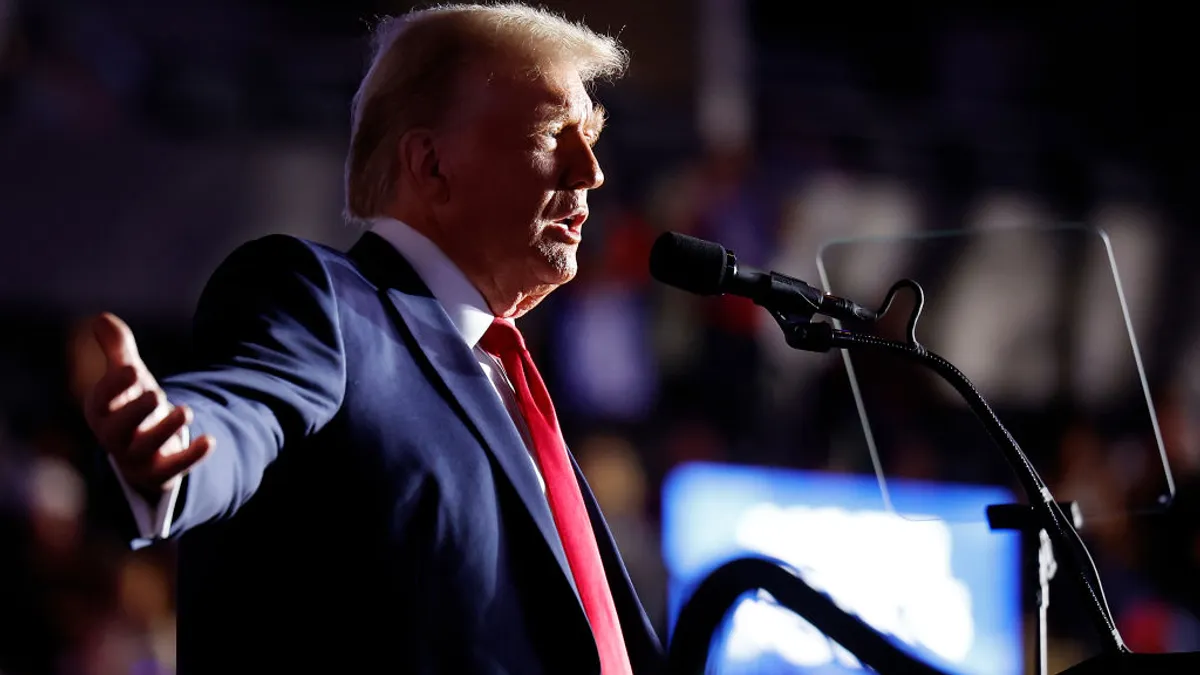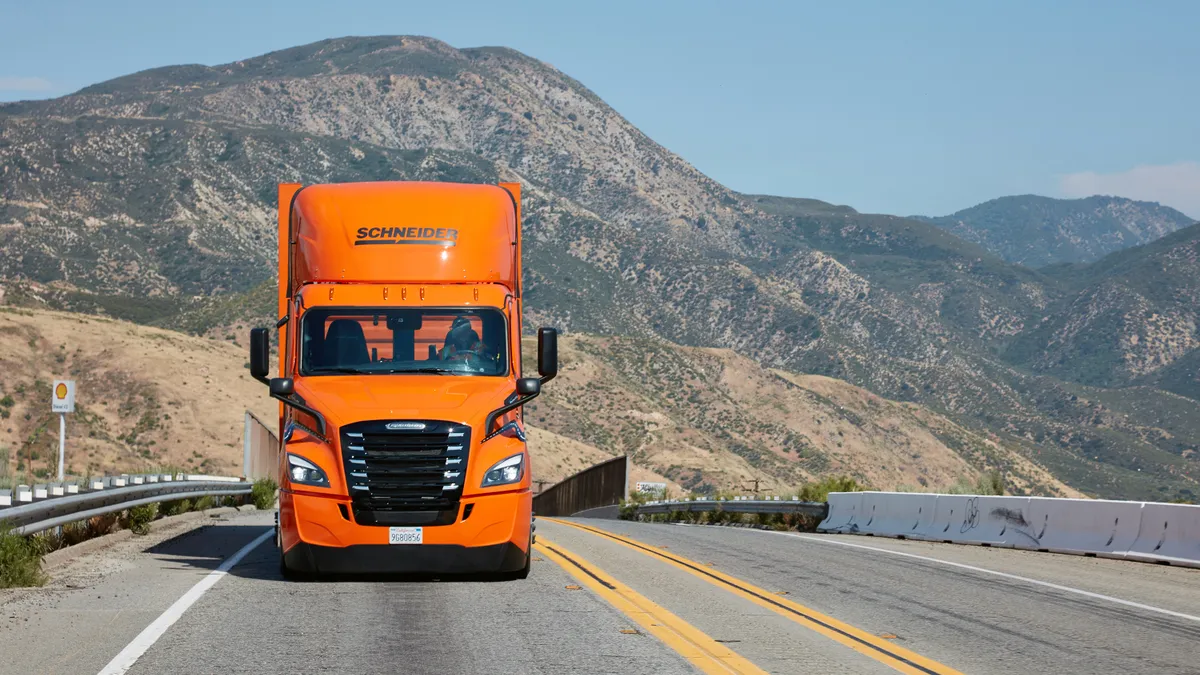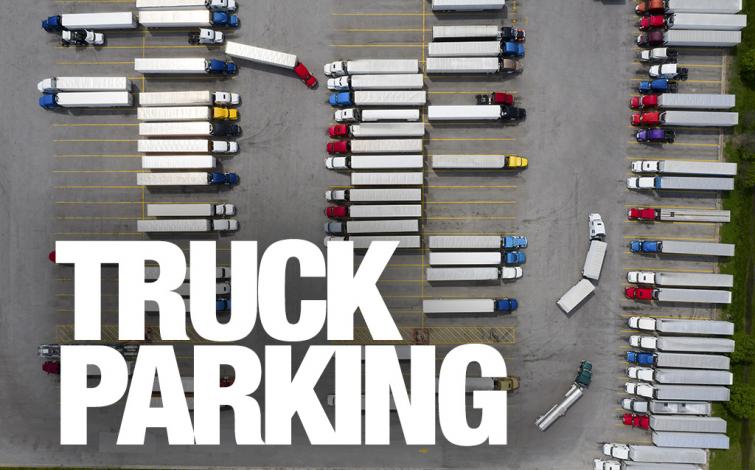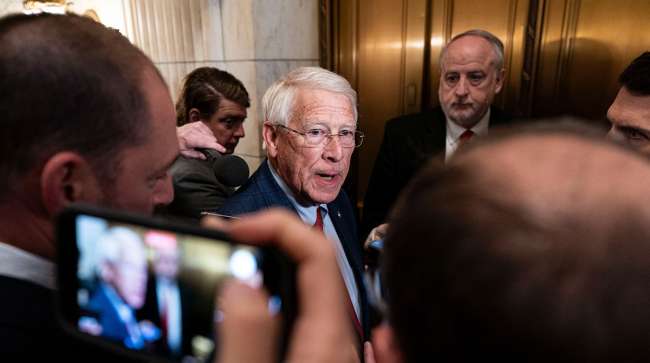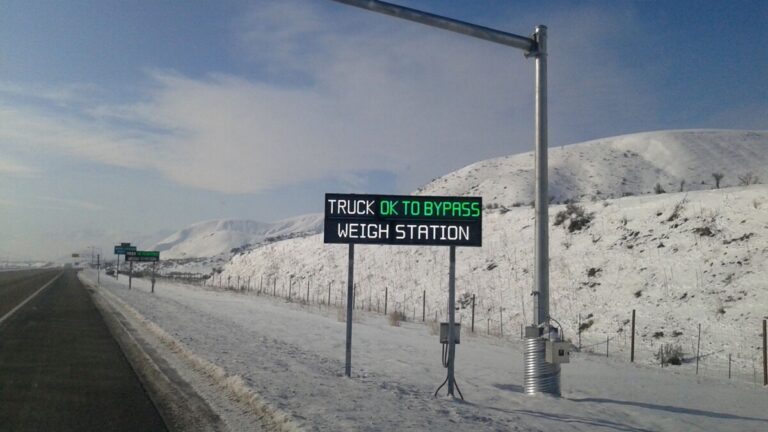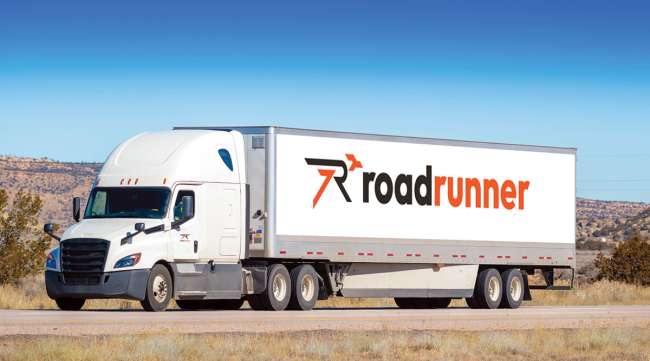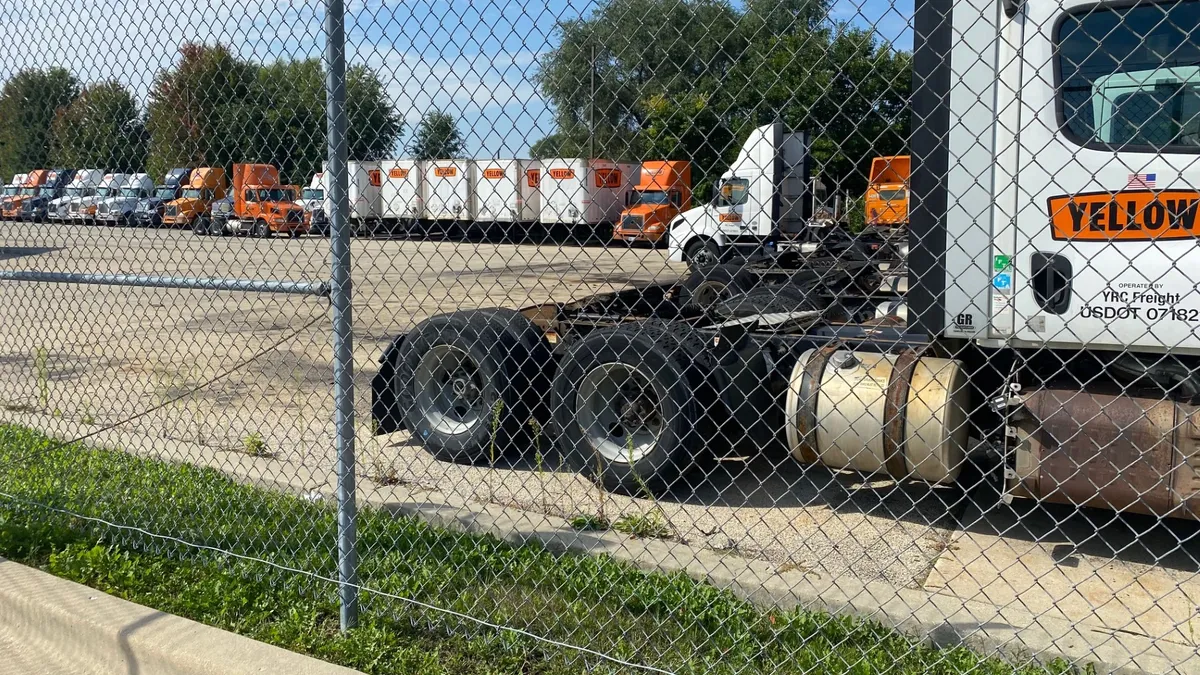Tariffs and trade wars were a controversial part of Donald Trump’s first term as president, and although we’re still nearly two months away from the start of his second term, he’s already making good on his campaign promises to impose tariffs. And that could have consequences for trucking.
Trump said Nov. 25 that he will sign an executive order immediately after his inauguration introducing a 25% tariff on all goods coming from Mexico and Canada and a 10% tariff on goods from China.
“This Tariff will remain in effect until such time as Drugs, in particular Fentanyl, and all Illegal Aliens stop this Invasion of our Country!” he wrote on his social media platform, Truth Social.Officials in China, Mexico and Canada quickly responded with criticism, in some cases threatening tariffs on U.S. goods in response.
Mexican President Claudia Sheinbaum reminded people of how the country reacted in 2018 to Trump’s steep tariffs on its steel exports by imposing matching tariffs on U.S. steel, plus other products such as pork. The two countries eventually reached a deal to drop those tariffs.
The Trouble With Tariffs
Economists have warned that tariffs like these could drive up inflation and result in higher consumer prices.
Tariffs are taxes on merchandise shipped to the U.S. from other countries. They are not paid by the countries from which the goods are shipped, as Trump has said, but instead are paid by importers. And those importers typically pass those costs on to buyers.
Mexico and Canada are the United States’ two largest trading partners. For 2024 to date, they account for 28.5% of U.S. imports by value and 33.4% of U.S exports by value.
“And, of course, these are the two countries where the trade is conducted primarily by truck rather than intermodal container, aircraft, etc.,” notes Avery Vise, VP of trucking for FTR Research.
Some observers point out that these tariffs could violate a trade treaty Trump himself signed (and bragged about) during his first term, the US-Mexico-Canada Agreement, or USMCA.
Trump has said he wants to renegotiate that deal, which allows for a review of the agreement in 2026.
The USMCA replaced the North American Free Trade Agreement that went into effect in 1995.
According to the American Trucking Associations, U.S. trade with Canada and Mexico has surged since the enactment of NAFTA. The value of goods traveling via truck across both borders has risen 276%, totaling over $996 billion in 2023.

Tariffs and Trucking
In the short term, trucking could see increased transportation of goods between now and inauguration day, as manufacturers seek to move Mexican and Canadian inventories that ultimately would be purchased anyway into the U.S., Vise said.There’s a question longer-term about how tariffs might affect truck makers with plants in Mexico or who source parts and components from countries affected by the tariffs. Published reports indicate the move could significantly affect U.S. automakers, and it could affect truck makers as well.
“A major portion of Class 8 production for the U.S. market occurs in Mexico, and that is in addition to all the component production,” Vise said.
However, tariffs can’t be hitting truck makers by surprise, and they no doubt have been looking at ways to adjust.
For instance, according to published reports, Daimler Truck North America told analysts shortly after the election that all of its Freightliner, Western Star and Thomas Built Buses models can be made at either its U.S. or Mexican plants, so production could be shifted if needed.
source:https://www.truckinginfo.com
